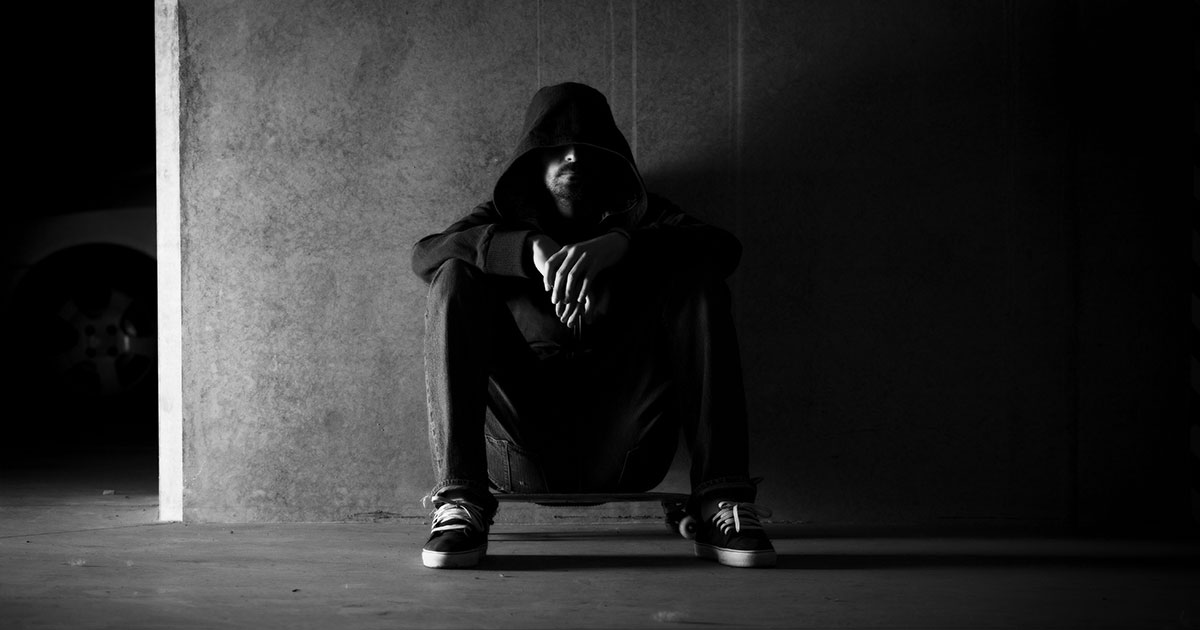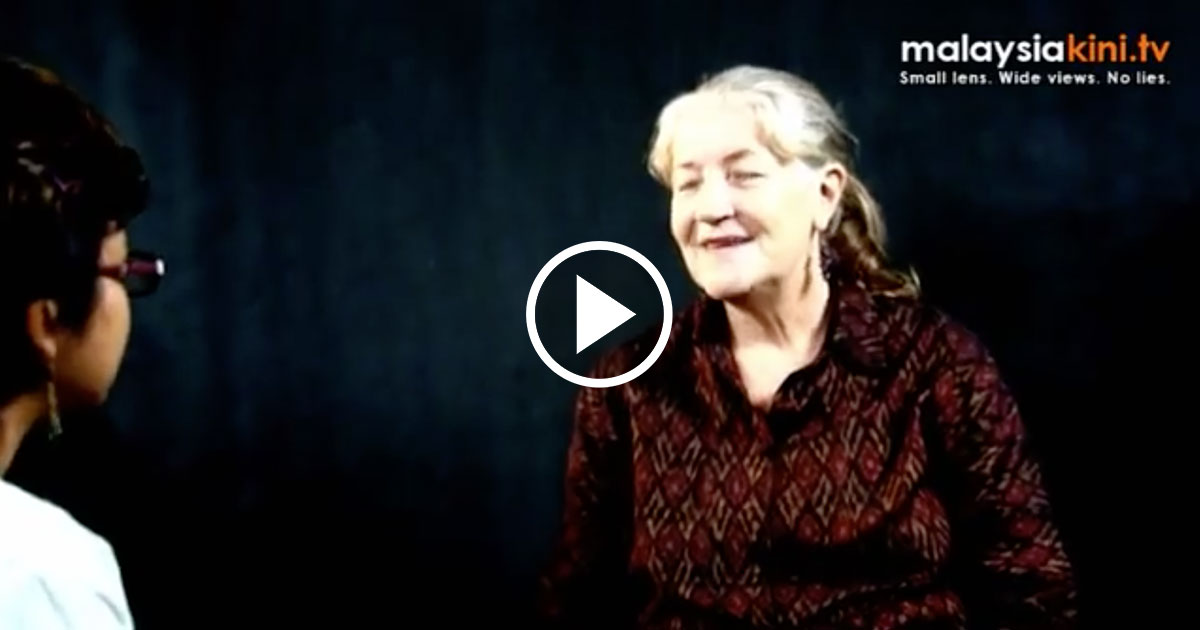
Salient points of the Sexual Offences Against Children Bill
Salient points of the Sexual Offences Against Children Bill
28 March 2017The Sexual Offences Against Children 2017 Bill has finally been tabled in Parliament, amid concerns that the existing laws have been inadequate in protecting children against sexual predators.
The bill defines a child as someone who is under the age of 18.
Here are the salient points of the proposed law, which contains a total of 26 sections:
Child pornography
- Anyone who produces or is involved in the production of child pornography may be punished with up to 30 years in jail and at least six strokes of whipping.
- Anyone who makes preparation for the production of child pornography may be punished with up to 10 years’ imprisonment and whipping.
- Anyone who uses or offers a child for child pornography may be punished with up to 20 years’ imprisonment and at least five strokes of whipping.
- Anyone who exchanges, publishes, advertises, sells, transmits, promotes, imports, exports, obtains, collects, profits from businesses he knows are related in child pornography may be punished with up to 15 years’ imprisonment and at least three strokes of whipping.
- Anyone who sells, distributes, exhibits, promotes, offers child pornography to a child may be punished with up to 15 years’ imprisonment and at least five strokes of whipping.
- Anyone who accesses or has in his possession or control of child pornography may be punished with up to five years’ imprisonment, or a fine of up to RM10,000 or both.
Sexual communication & grooming
- Anyone who sexually communicates with a child, with the exception of being for educational, medical and scientific purposes, may be punished with imprisonment of up to three years.
- Anyone who communicates with a child with the intention to commit sexual offences against the child may be punished with up to five years of jail and whipping.
- Anyone who communicates with a child, follows up by meeting the child with the intent to commit or facilitate in sexual offences against the child, may be punished with up to 10 years of imprisonment and whipping.
Sexual assault on a child
- Anyone who, for sexual purposes, touches any part of a child or makes a child touch any part of another person or his own or engages in physical contact without intercourse, may be punished with up to 20 years of jail and whipping.
- Anyone who, for sexual purposes, utters any word or sound, or makes gestures, or exhibits his body parts to a child, or makes a child exhibit his body parts, or stalks a child, or threatens a child with the child’s sexual material may be punished with up to 10 years’ imprisonment or up to RM20,000 fine or both.
- Anyone who engages in sexual activity in the presence of a child or causes a child to watch another person engage in sexual activity or makes a child engage in sexual activity may be punished with up to 10 years’ imprisonment or up to RM20,000 fine or both.
Other points
- Malaysians who commit sexual offences against children abroad can still face Malaysian laws as if the offences were committed in Malaysia.
- A person who commits any sexual offences against a child while being in a relationship of a trust in relation to the child, such as a parent, guardian, teacher, healthcare provider or public servant, will receive an additional punishment of up to five years’ imprisonment and at least two strokes of whipping, on top of the punishment for the offence.
- Anyone who fails to provide information on the commission or intention to commit a sexual offence against a child may be fined up to RM5,000.
- An accused claiming that he did not know a child is under the age of 18 is not a defence unless he can prove that all reasonable steps to ascertain the age of the child was taken.
- Those aged above 50 can still be whipped for offences under this law.
- Evidence of an agent provocateur in an entrapment is admissible.
- No leniency even if the accused is a first time offender or youth.
- The minister may include or exclude offences outlined in other laws in a schedule that would allow this Act to cover them.












